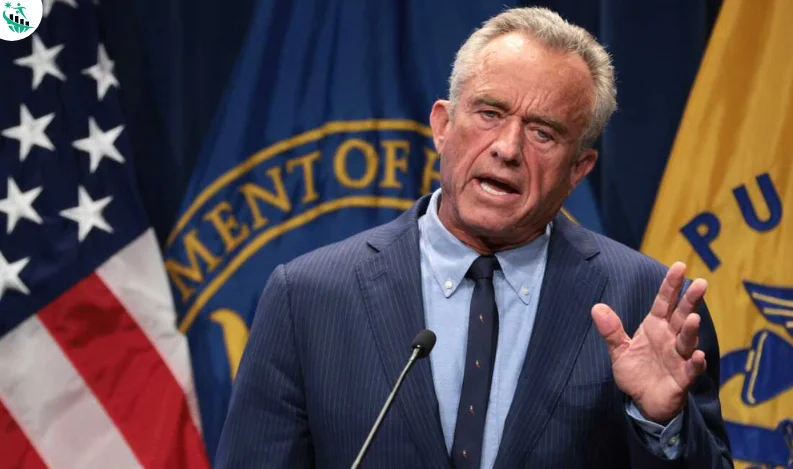
RFK Jr. Appoints Vaccine Skeptics to CDC Immunization Panel After Firing Entire Committee
Washington, D.C. – Health and Human Services Secretary Robert F. Kennedy Jr. has appointed eight new members to the CDC’s Advisory Committee on Immunization Practices (ACIP), just days after dismissing the previous 17-member panel. Several of the newly appointed advisors are vocal critics of vaccines, raising alarm among public health experts.
Among those selected is Dr. Robert Malone, a physician who has claimed credit for developing mRNA vaccine technology but has since become one of its most prominent detractors. Other appointments include Dr. Martin Kulldorff, a former Harvard Medical School faculty member who has openly criticized pandemic-related public health policies, and Retsef Levi, a professor at MIT who has posted controversial statements regarding mRNA vaccine safety.
The appointments mark a dramatic shift in the leadership of ACIP, the committee that provides guidance to the Centers for Disease Control and Prevention (CDC) on vaccine recommendations. The panel plays a crucial role in determining vaccine eligibility, distribution policy, and insurance coverage.
The newly appointed members are set to attend the next ACIP meeting scheduled for June 25 to 27. The full list includes:
-
Dr. Robert Malone
-
Dr. Joseph Hibbeln
-
Dr. Martin Kulldorff
-
Retsef Levi
-
Dr. Cody Meissner
-
Dr. James Pagano
-
Dr. Michael Ross
-
Vicky Pebsworth
Public Health Experts Voice Alarm
Health professionals and vaccine advocates expressed deep concern about the committee overhaul. Dr. Paul Offit, a pediatric infectious disease expert at the Children’s Hospital of Philadelphia and a longtime vaccine advisor to the FDA, criticized the move, saying:
“I think the public is not going to be getting the same quality of advice as we had before the purge.”
Offit described several of the new appointees as anti-vaccine activists and questioned their level of expertise in immunology and public health. Of the group, he said Dr. Cody Meissner was the most qualified, citing his previous service on both CDC and FDA vaccine advisory committees and his advocacy for childhood immunization.
In contrast, other appointees have expressed highly controversial views. In a 2023 social media post, Retsef Levi claimed that mRNA vaccines were responsible for serious harm and death, particularly in young people. That post remains pinned on his profile. Vicky Pebsworth, meanwhile, is affiliated with the National Vaccine Information Center, an organization widely criticized for promoting vaccine misinformation.
Despite these concerns, Kennedy defended his selections, stating:
“These are highly credentialed scientists, leading public-health experts, and some of America’s most accomplished physicians. They are committed to evidence-based medicine, gold-standard science, and common sense.”
CDC, HHS, and Policy Implications
The CDC director must formally approve ACIP recommendations for them to become federal health policy. The HHS did not respond to questions about the ideological orientation of the new members or concerns about their past public statements.
The panel’s influence spans beyond CDC guidance. ACIP recommendations directly affect vaccine funding, insurance coverage decisions, and public confidence in immunization programs.
Critics argue that placing vaccine skeptics in positions of federal influence could result in reduced vaccination uptake, policy reversals, or a weakening of long-standing public health infrastructure.
Georgetown University law professor Lawrence Gostin called the change a “national tragedy” and warned that it posed a major threat to children’s health.
Kennedy, who has long expressed skepticism about vaccines and promoted unverified claims linking immunizations to adverse outcomes, has also been criticized for downplaying recent measles outbreaks and suggesting vaccines contain fetal cells, claims refuted by mainstream science.
The upcoming ACIP meeting is expected to be closely watched by lawmakers, health professionals, and international observers alike, as it may signal a shift in how the U.S. approaches childhood immunizations, booster recommendations, and emergency vaccine policy.



Recent Comments:
No comments yet.